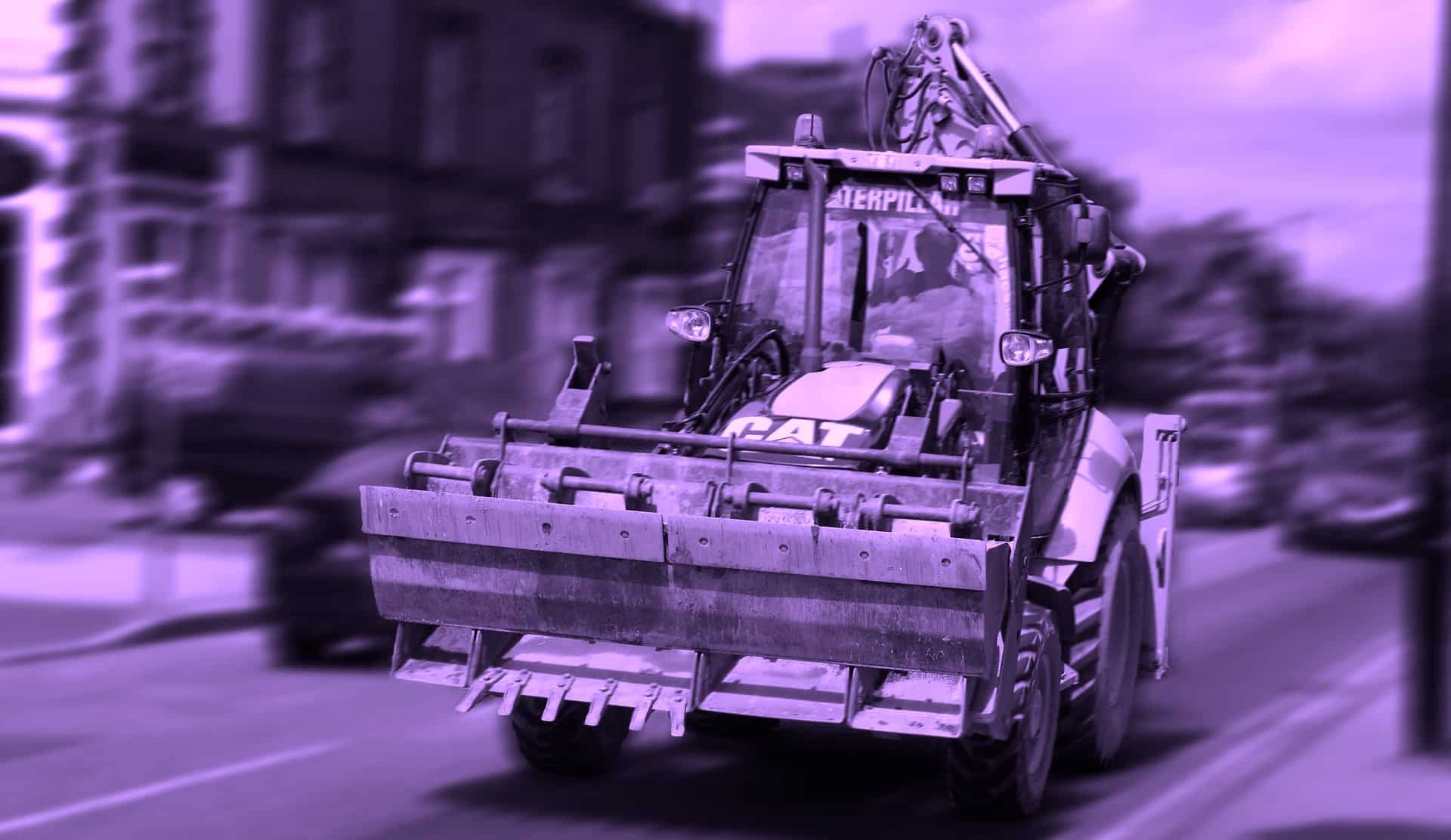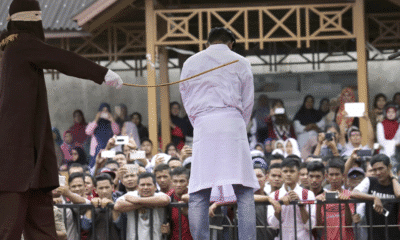Democracy
The bulldozers are coming, even if SC has stayed Haldwani demolitions
The bulldozers are coming, especially if you belong to the Muslim community, demonizing which is like oxygen for the Hindutva movement in the country. But these bulldozers being machines and communities tied together like the essence of Indian democracy, end up levelling the lives of everyone in general. They seem to be more aggressively coming since Yogi Adityanath got a ‘yay’ for his politics when he got re-elected on the promise of being the ‘Bulldozer Baba‘.
Demolitions are now the collective rage in New India. Anyone who lives in north India, especially in Uttar Pradesh, can attest to the physical ubiquity of bulldozers. They can be seen doing nothing by the side of the road, clogging up roads as they travel to distant parts of town, erecting new infrastructure and demolishing old ones. The nation is in a hurry to destroy anything that reminds people of the past: outdated, unplanned, illegally built or legally constructed but falling apart.
This new obsession with taking down things reached a high point when eviction notices were served to over 4,000 families living in unauthorised colonies in railway land in Haldwani, most of them Muslims. These demolitions sparked widespread outrage and condemnation in the nation. The government’s actions were seen as a clear violation of basic human rights and an affront to the principle of justice, given that these families had been living there for decades and no alternate arrangements were made to rehabilitate them.
Thousands of people came out to protect their homes from being razed because a home is, after all, a home – a place where you grew up, learnt to be yourself, the ways of the world and made memories to last a lifetime. “I just want to tell them not to destroy our homes. I have school, and I have to study. Where will I go?” said a little girl, her tears flowing down her face, watched over by her upset relatives as she talked to the media.
The residents were given just a week to leave their homes, but that has been put on hold as India’s Supreme Court decided to step in and stayed the Uttarakhand High Court’s order to vacate 29 acres of land. However, the sword of eviction still hangs on the heads of 4,000 families, but they now fortunately have time.
Afreen Fatima’s family in Prayagraj, Uttar Pradesh, did not even get time. Authorities destroyed the home of a young Muslim activist and former JNU student leader as a “punishment” for her family’s opposition to Nupur Sharma and other BJP politicians’ anti-Islam statements. The demolition crew arrived at her house one afternoon and, within hours, reduced the two-story structure to rubble, along with its contents – furniture, household objects, and photographs. In the same protests, two Muslim men died from gunshot wounds after police opened fire on protestors in Ranchi, Jharkhand.
Even before her, the UP government had demolished properties belonging to people they deemed anti-social, mainly Muslims. According to an Amnesty International study, these demolitions primarily targeted Muslim dwellings. It is important to note that these demolitions disproportionately impacted vulnerable communities, such as low-income families and religious minorities. This is strong evidence of systemic discrimination, and it is profoundly worrisome that the government has chosen to ignore the hardship of these people.
The government’s explanations that these demolitions were necessary for urban growth or law and order control appear to be inadequate justifications for hiding the politics underlying the action. India is not a planned country, and a sizable population still lives in unauthorised colonies. At other places, political parties, including the Hindu nationalist Bharatiya Janata party, have tried to claim credit for legalising unauthorized colonies, many areas inhabited by Mulims are being evicted or demolished on short notice. In such a scenario, it’s difficult to think that the government’s activities are driven by a desire to better the lives of citizens when the end consequence is the displacement of so many people with no consideration for their well-being.
These demolitions are another example of the criminalisation of being a Muslim in India. Even before, the Indian government has been accused of using laws such as the Unlawful Activities Prevention Act (UAPA) and the National Security Act (NSA) to target and arrest Muslims on questionable grounds, with most of them never turning into convictions. Numerous allegations have surfaced of Muslims being wrongly accused and arrested, frequently based on insufficient or manufactured evidence. This undermines the rule of law and curtails the rights of minorities, something on which Indian courts have stepped in several times.
Lastly, the outrage over these demolitions raises concerns about our society’s eroding mental health. In December 2022, when the Supertech Towers in Noida were demolished, they became a prime-time event. The image of the two towers exploding went viral on social media and received hours of coverage on television. India is the world’s youngest nation.
If we begin to celebrate and worship destruction, this doesn’t bode well for the future of the nation our forefathers fought so hard to liberate. If India needs any symbol to emerge as an example for the world, it should be building bridges, over bulldozing them.
Disclaimer: The views and opinions expressed in this article are those of the authors and do not necessarily reflect the official policy or position of the publication











































1 Comment